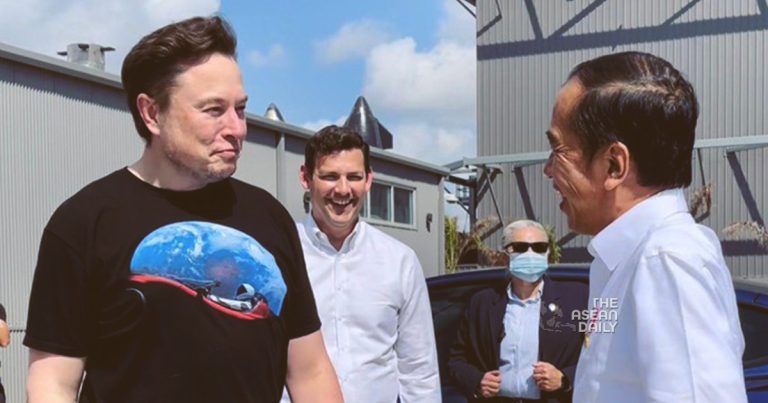3-8-2023 (JAKARTA) The recent announcement that electric vehicle maker Tesla will set up a regional headquarters in Cyberjaya, Malaysia has come as an embarrassment for Indonesia. It also marks a significant development for Southeast Asia’s cultivation of the electric car industry.
Under the deal with Malaysia, Tesla will be able to sell its Shanghai-produced electric cars directly to consumers without incurring extra costs from middlemen or import tariffs. This is a change from the norm in Southeast Asia where well-connected business people often control lucrative vehicle imports, leading to higher prices for buyers.
Tesla is the first company to benefit from Malaysia’s Battery Electric Vehicle Global Leaders initiative, part of the government’s plan to make the country a regional EV hub.
According to Tesla’s regional director Isabel Fan, the move comes in response to Malaysia’s “forward-looking policies” under Prime Minister Anwar Ibrahim. Anwar himself held talks with Tesla’s founder Elon Musk last month ahead of the deal.
For Indonesian President Joko Widodo, this news must sting as he has long tried to woo Tesla.
Widodo’s government has voiced intentions to make Indonesia the epicentre of Asia’s, if not the world’s, EV supply chain. This includes plans for Chinese investment in nickel smelters and coal power plants to support the industry. Jakarta has also banned raw nickel exports and promoted a domestic nickel-based EV battery sector.
However, Indonesia has struggled to attract EV manufacturers to set up local production. Tesla has been Jakarta’s prime target, with Widodo even travelling to Texas last May to meet Musk. On multiple occasions, Indonesian officials have claimed Tesla was close to announcing a billion-dollar Indonesian investment in batteries and manufacturing.
But Tesla has never publicly confirmed such intentions. Hopes of an announcement at November’s G20 Bali summit came to nothing as Musk did not attend.
Following news of the Malaysia deal, senior Indonesian minister Luhut Pandjaitan stated the government would soon announce new EV producer incentives. He also said he would meet Musk this week regarding Tesla’s Indonesia plans.
Currently, Indonesia imposes a 50% import tariff on fully-built EVs to encourage local manufacturing. Some expect Jakarta may offer to waive this tax, as Malaysia has done. But Indonesia’s complex regulations that protect vested interests could complicate any deal. Jakarta has also lagged in providing EV charging infrastructure.
While Malaysia has won a Tesla regional base, Indonesia still has a chance to land the bigger prize of a full manufacturing facility. But to make that happen, Widodo’s team must refine their pitch to match Malaysia’s attractive offer. Tesla’s Malaysian move should serve as a wake-up call that Indonesia must show flexibility if it wants to win investments away from rivals.




